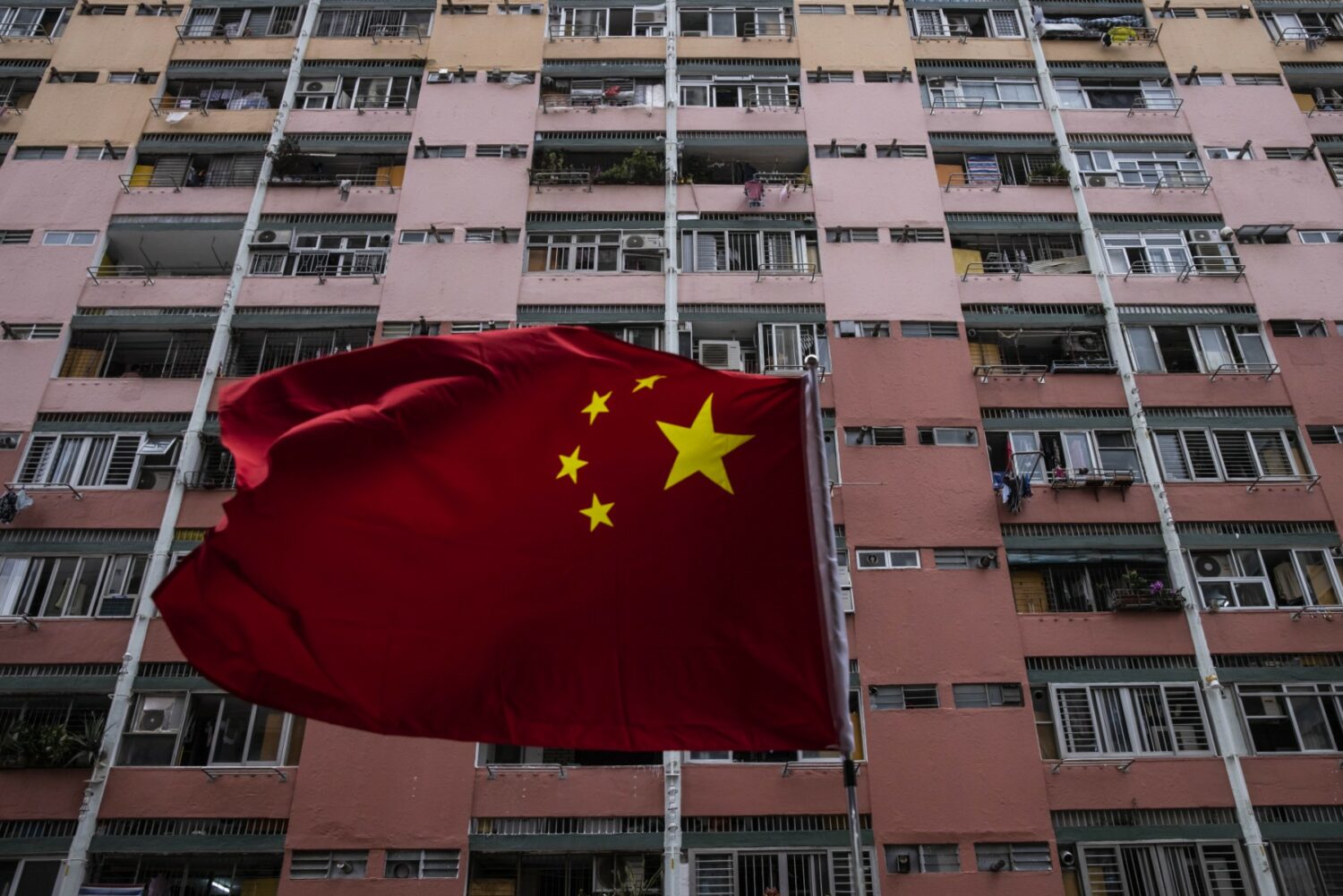Beijing, China– Beijing said on Tuesday it “firmly opposes” American sanctions on Chinese companies and individuals the US Treasury Department says have connections to Iran’s drone and military aircraft development.
Washington last week slapped sanctions on “seven individuals and four entities” based in Iran, China, Russia and Turkey it said had facilitated shipments and financial transactions involving Tehran’s military hardware program.
The United States accuses Iran of supplying Russia with drones, which have become a major feature of Moscow’s war in Ukraine and are in regular use in Syria. Iran denies sending drones to Russia for use in Ukraine.
“China notes that the United States has included some Chinese enterprises and individuals in the ‘Specially Designated Nationals List’ on the grounds of the so-called development of drones and military aircraft involving Iran, which China firmly opposes,” a commerce ministry spokesman told state broadcaster CCTV.
“The United States side should immediately stop its unreasonable suppression of Chinese enterprises and individuals,” he said.
“China will take necessary measures to firmly safeguard its legitimate rights and interests.”
Drones have become a focal point of military strategy for Russia and Iran, both under heavy Western sanctions.
Last week US Treasury Under Secretary Brian Nelson said Iran’s “continued, deliberate proliferation of its UAVs (unmanned aerial vehicles) enables Russia, its proxies in the Middle East, and other destabilizing actors to undermine global stability”.

